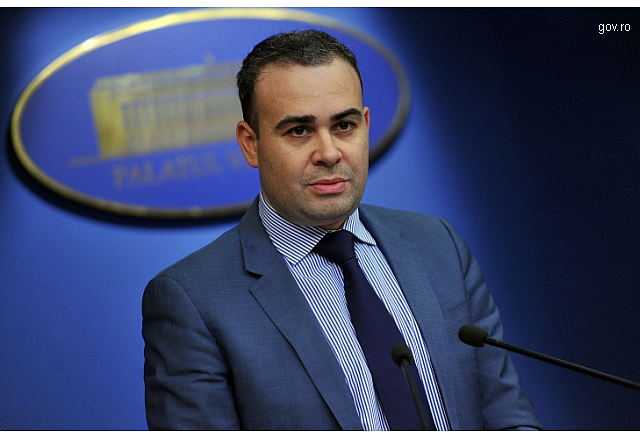Minimum Wage in Romania
The minimum wage in Romania went up as of January 1

Roxana Vasile, 08.01.2019, 13:21
On January 1st,
2019, minimum wage in Romania went up, from the equivalent of some 405 Euro to
442 Euro per month. For the people with higher education qualifications, the
minimum wage got even higher, reaching approximately 500 Euro. To a western
European, the amounts may seem insignificant. The minimum salary in France, for
instance, is 1,500 Euro per month. Let’s not forget, however, what the starting
point was for Romania, seen for many years as the poorest country in the EU. In
2016, the minimum monthly wage in this country stood at 250 Euro. In two years’
time, the increase has been quite considerable. This year, workers in the
construction field, a sector that has been facing significant staff shortage in
the past years, have a special status, as their minimum wage is now double as
compared to last year. Here is what Darius Valcov, an advisor to the prime-minister,
has said about this topic:
Following the agreement concluded with the employers’ associations in the
field, the minimum gross salary in the construction sector went up to 3,000
RON, and labour taxes have been reduced as follows: the income tax is now
0% from 10%, the contribution to the pensions fund has also
dropped from 10% to 0%, the contribution to the health-care fund was reduced
from 25% to 21.25%, and the employer’s contribution is now 0.337%, down from
2.25%. In other words, the minimum monthly wage in the construction field is
now 500 Euro, in keeping with the commitment that the Government made on
December 1st, by signing the agreement with the employers’
associations in the sector.
Some have hailed
the measures taken by the Government, because this way the employees now get
more money, which translates into a labour force easier to recruit, and
therefore higher productivity. Others have spoken against the measure, saying
that the increase in the minimum wage will upset the business plans of most
companies operating in Romania. Small companies, which potentially pay a larger
number of minimum wages, will have to increase them too, and that will incur
significant financial losses on their part. Then, there are voices saying that
most likely the increase in the cost of the labour force will be soon reflected
in the prices of products and services, that consumption will grow and that
will trigger an increase in the volume of imports and therefore in the trade
deficit. That is why specialists plead for an algorithm based on several
economic parameters, such as labour productivity, the increase in the average
wages and the inflation rate or any other indicator that would render the
growth rate logical and predictable, not just the result of political
decisions.






























